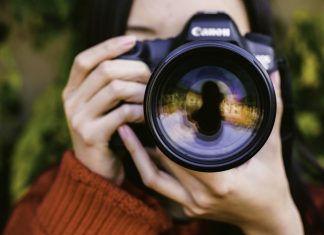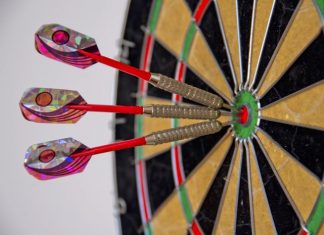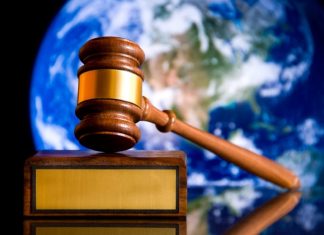Ethics
Our ethics section examines the professional standards that guide responsible journalism. Explore principles of impartiality, fairness, accuracy, and journalistic integrity while also learning to navigate challenging ethical dilemmas journalists face in their daily work. All our material is free to download, adapt and use. Scroll down our site map for all the content in this and other sections.
Photojournalism and ethics
The following are commonly accepted ethical guidelines for photojournalists adopted by most mainstream media.
Accuracy in journalism
Precision is the soul of journalism. Rule one is simple: get it right. If you can't respect the absolute need for accuracy, this isn't the career for you.
Conflicts of interest
In journalism, public trust is essential for credibility. One of the most significant threats to that trust are the many possible conflicts of interest that might confront journalists.
Offence and journalism
Rigorous journalism inevitably offends some audiences. Global broadcasters must cover all aspects of human experience to reflect world affairs accurately.
Fairness in journalism
Fairness in journalism means exploring all sides of an issue and reporting the findings accurately.
Impartiality in journalism
For journalists, being impartial means presenting information without demonstrating favouritism towards any specific viewpoint or party.
Unconscious bias and journalism
Bias is a prejudice for or against a group, often leading to unfair judgements. While it's a normal human trait, understanding our biases is vital for fairness.
Is your journalism ethical?
Reliable journalism is based on applying strict editorial ethics to all we do so that we can examine the issues that have the most impact on the lives of our audience.
You might also like
Scenario: Conflict of interests
In this scenario you are a political correspondent working for a national public service broadcaster. A lobbying company offers you a significant amount of money to train lobbyists in how to influence the media. What do you do?
Creating a current affairs programme
In this article we look at the steps involved in creating a radio news and current affairs programme based on the needs of the target audience.
Workshop: Crime reporting for beginners
Crime journalists must balance the public’s right to know with ethics, ensuring accuracy and sensitivity while avoiding sensationalism or prejudice.







